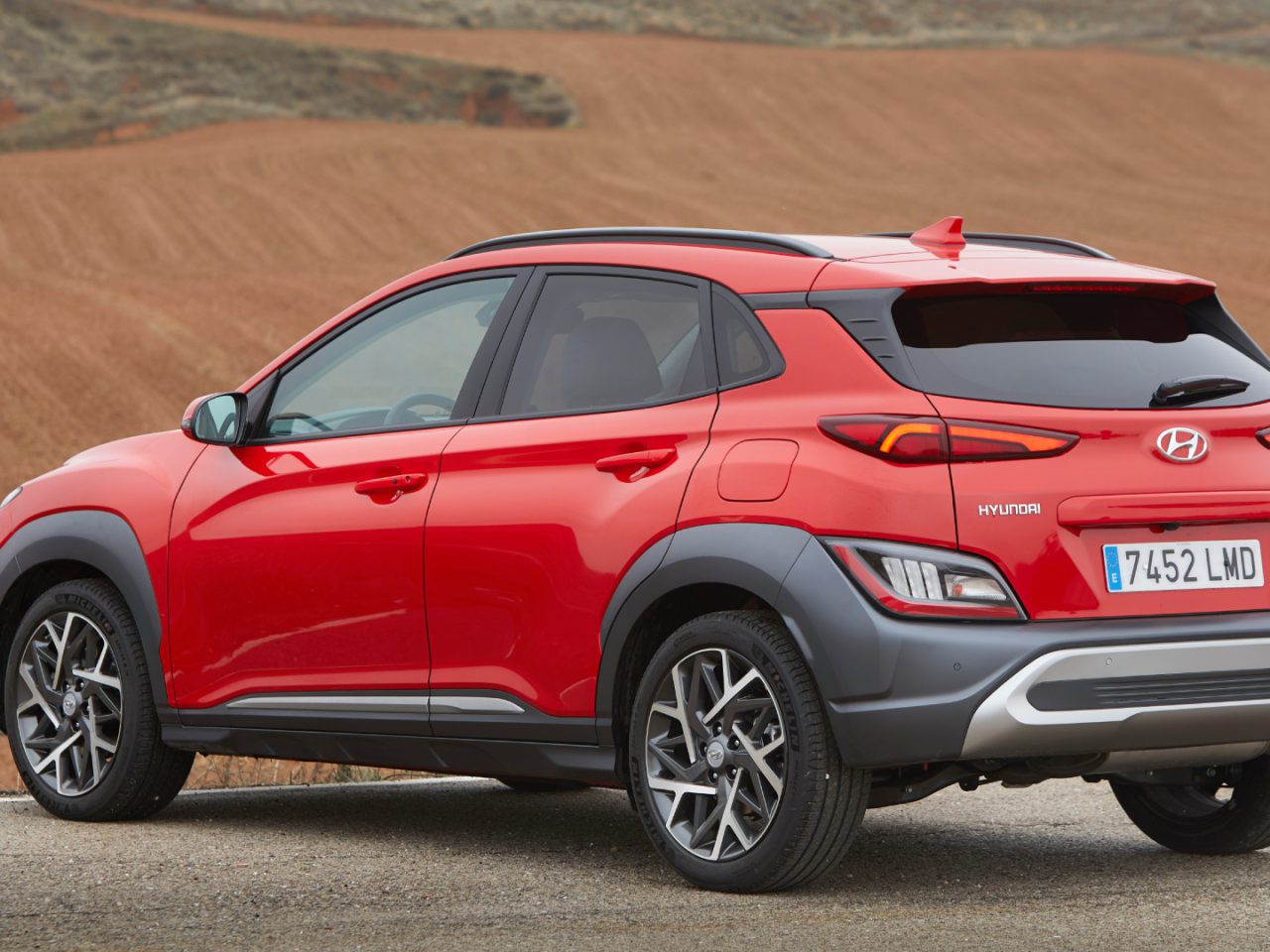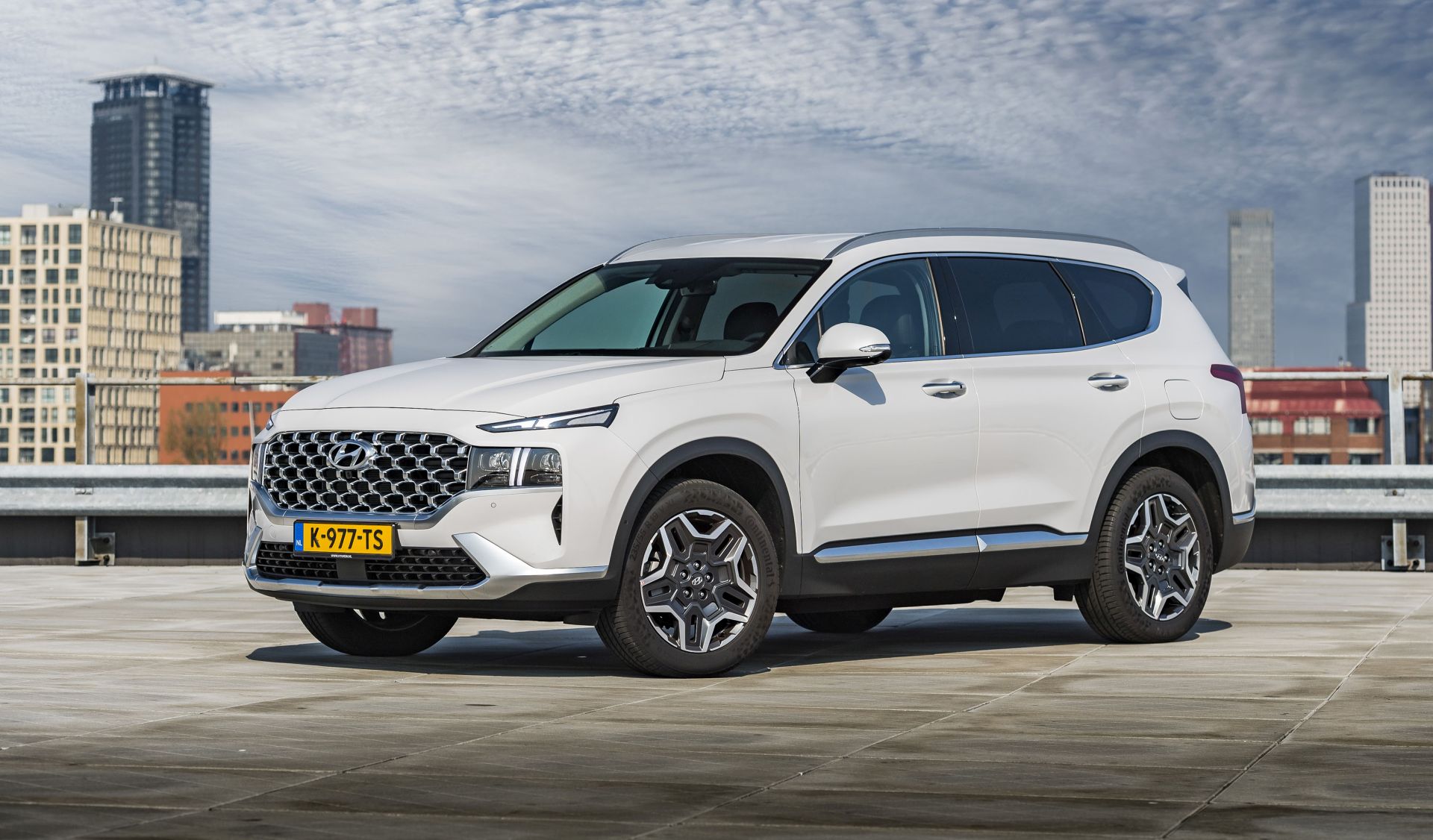The advantages and disadvantages of a hybrid car
The benefits of a hybrid car
Hybrid cars are becoming increasingly popular. Not surprising given the benefits. Especially in terms of cost savings, a hybrid car is an attractive choice, but there are practical aspects as well. We list the benefits of a hybrid car.
Low consumption
We already said it: the lower consumption is the main advantage of a hybrid. Especially in city and congestion traffic, this makes a big difference. Not only can a hybrid car run electric more often at lower speeds, it then recovers power during deceleration. Some hybrid cars can even run fully electric. A plug-in hybrid car can even travel dozens of miles all-electric. So for most daily trips, you don’t even need the fuel engine.
Reduced operating costs
This is related to the previous point, because less consumption naturally means less fuel cost. A plug-in hybrid car does require charging, which costs power. Yet even charging at the most expensive public charging stations is still cheaper than filling up with fuel.
Tax Benefit
For a plug-in hybrid car, there is also a financial advantage: you pay only half of the road tax. This is true at least through 2024. In 2025, plug-in hybrid cars will likely still have a 25 percent discount on road tax, and starting in 2026, the full rate will apply again. So with the ever-changing tax rules surrounding electrified cars, this is a temporary benefit, but still definitely something to consider.
Standard with automatic
The automatic transmission has been rapidly gaining popularity in recent years. Some cars are not even offered with manual transmissions anymore. For automatic enthusiasts, a hybrid is also good news, because with very few exceptions, every hybrid car has an automatic transmission. Especially in heavy city or congested traffic, where a hybrid car is at its best anyway, that’s a relaxing drive.
Good parking spot
A plug-in hybrid car brings another practical advantage: you may park with it at a charging station. Those charging spots are often nice and close to the entrance of, say, a shopping area. Remember that the car must actually charge when you are at a charging station.
The disadvantages of a hybrid car
Unfortunately, a hybrid car doesn’t have only advantages, but fortunately there are no really major disadvantages either. They are things to consider though, so we also briefly list the disadvantages of a hybrid car.
Higher purchase price
Although you save on several costs with a hybrid car, as described above, the same is not true of the purchase price. In fact, because of its more complex technology, a hybrid car is more expensive to purchase than a comparable fuel car. However, you do often recoup that difference quickly with the aforementioned cost savings.
Less luggage space
A practical disadvantage of a hybrid car is that the extra electrics take up space. For this reason, many hybrid cars have a smaller luggage compartment than the fuel-only version. Fortunately, this disadvantage does not necessarily apply. In the Hyundai Kona, for example, you always have the same amount of luggage space. Whether you choose the gasoline or hybrid version.
Charging hassle
A plug-in hybrid has the other practical disadvantage that you have to charge it to really benefit from the hybrid technology. That charging can be a hassle if you don’t have your own charging station. Also, not everyone likes having to deal with charging cables at all.
The advantage of parking in a charging spot also comes with a disadvantage: you can only stand there when the car is actually charging. Since a plug-in hybrid has a small battery compared to an all-electric car and thus recharges quickly, you may need to move your car to a regular parking spot in between visits to that spot.
Little benefit on the highway
As mentioned, the major advantage of a hybrid car is its lower consumption. Those who drive mostly on the highway will only benefit much less. Indeed, at constant high speeds, the hybrid technology can provide very little support to the internal combustion engine. Most plug-in hybrid cars do have the ability to run electric on the highway. Of course, that saves some money, but then the power runs out quickly.
Low or no towing weight
Something to keep in mind for those who often pull a caravan or other heavy trailer: most hybrids have only a low towing weight, or are not allowed to pull a trailer at all. Sometimes this even creates a problem for mounting a bike rack that needs to be placed on a tow bar. Hybrid cars that can tow a caravan are thankfully available. The Hyundai Tucson or Santa Fe, for example, with a braked towing weight of 1,650 kg.


